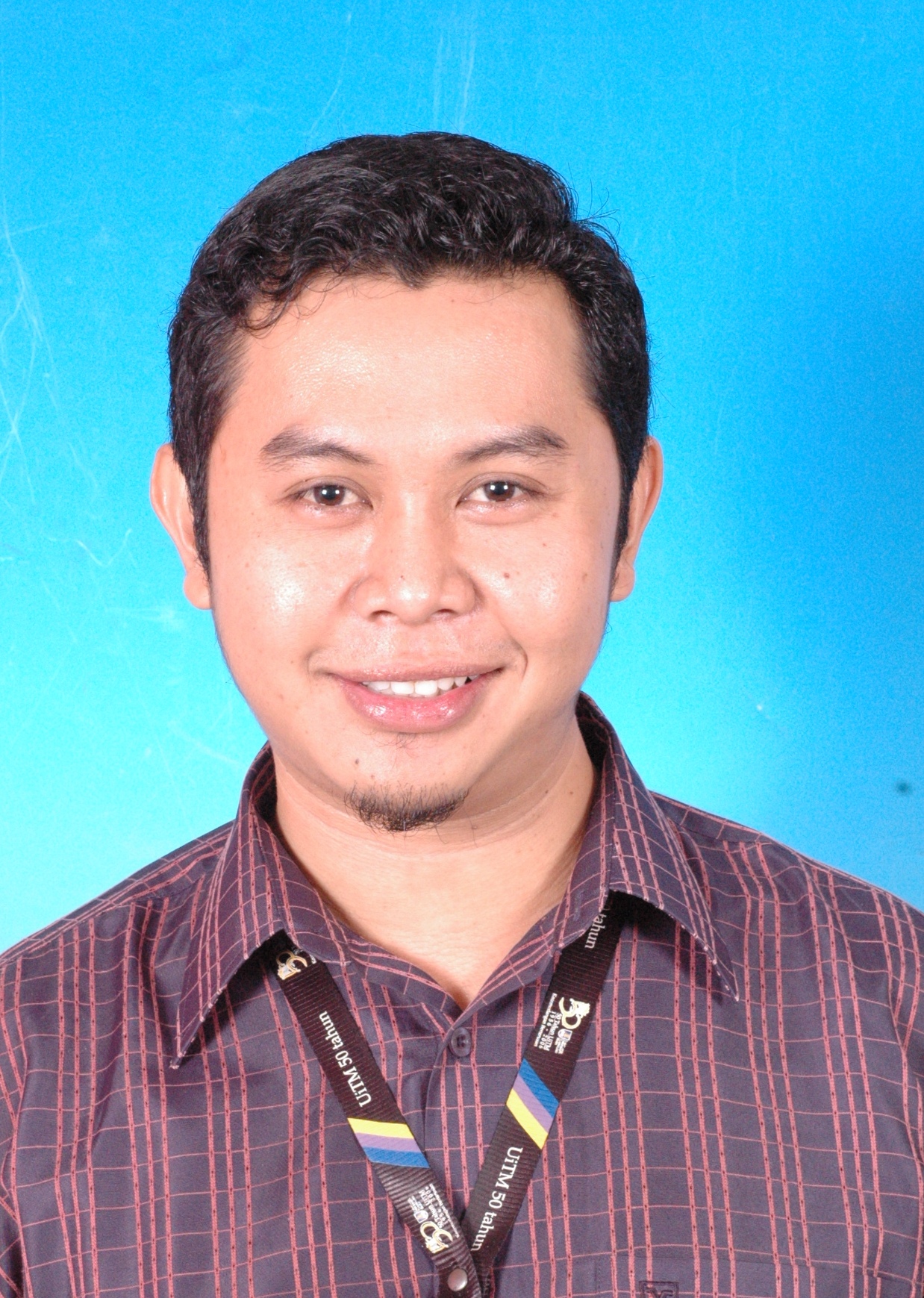AWANG ROZAIMIE BIN AWANG SHUIB
@sarawak.uitm.edu.my
Faculty of Business and Management
Universiti Teknologi MARA
Highly organised and attentive to details, enthusiastic with a positive attitude, a team player, willing to travel, and with a strong sense of responsibility and self-motivation. Experienced communication, managing, and marketing products and services to local and international clients. Have the ability to relate to and communicate with people at any level of business or management. Ph.D thesis title: "The analyses of multicultural personality and intercultural competency on expatriates' cross-cultural adjustment". Research passion is in the cross-cultural, ethnic, and indigenous knowledge domains.
EDUCATION
Ph.D (Management), Universiti Sains Malaysia (USM), 2013
RESEARCH, TEACHING, or OTHER INTERESTS
Business and International Management, Cultural Studies, Education
Scopus Publications
Scholar Citations
Scholar h-index
Scholar i10-index
Scopus Publications
Awang Rozaimie, Norseha Unin, Aiza Johari, and Abdul Ismail
STAR Scholars Network
The Reading Seed Programme (RSP), an in-house literacy program inaugurated by Sarawak's State Library (PUSTAKA Negeri Sarawak, Malaysia), has the potential to become the country's primary literacy initiative, particularly in terms of fostering a reading culture. The purpose of this paper is to empirically establish the reliability of survey measures as well as the feasibility of this toddler literacy program. The findings revealed that RSP capable enculturates effectively and has a significant positive impact on toddlers' reading ability. Nonetheless, the early childhood reading literacy program must consider each learner's unique learning style, incorporate updates or monitoring systems, improve training, develop a strategic plan outlining RSP outcomes, and clearly communicate the program's attitudinal components in relation to the desired results.
Awang Rozaimie
Penerbit Universiti Sains Malaysia
History is data regarding historical instances of human activity. This study anticipates the cultural memory around the primary school, SRK Pulo, which was relocated while retaining its previous name. One of the ancient Malay settlements along the Sarawak riverbank in Kuching is called Kampung Pulo. Questions are being asked about the SRK Pulo, its origin and other related histories to acknowledge. Further study, especially oral history inquiries, might help clear up any lingering questions regarding a historical truth or knowledge gap. For the benefit of future research, the cultural memory of intangible cultures needs to be preserved and documented through oral history research. To highlight historical local stories as the major focus in a qualitative manner, this study utilised Husserlism in Transcendental Phenomenology (TPh). The positive takeaways from oral history investigations into the genesis of SRK Pulo could serve as a guideline for the younger generation to respect and learn from the past to establish evocative living in the future. The sustainability of indigenous peoples in preserving their sociocultural ways of life and oral traditions depends on this study.
Awang Rozaimie, , Amelia Alfred Tom, Susana William Jalil, , and
Penerbit Universiti Sains Malaysia
The ancient practice of “jadi mali” among the indigenous Iban tribe in Sarawak is a custom and tradition birthed with the aim of attaining a marriage free from any unwanted catastrophe due to violating a taboo. This article suggests the protocols of “jadi mali” ritual as a vital intangible culture passed down from our ancestors’ knowledge to be preserved for future references. It adopts a philosophical approach of Husserlism of Transcendental Phenomenology (TPh) to qualitatively examine the issue of “jadi mali.” The affirmative lessons obtained from this ancient ritual may act as a rule for the younger Iban generation to be mindful of their courtship and to choose the right life partner in the future. The ancient ritual of “jadi mali” indicates a need for mutual respect and teaches intensive empathy about life’s details for genetic sustainability. This article contributes by providing a record for future reference on the ancient ritual of “jadi mali” among the Iban indigenous community in Sarawak. Foremost, this article is important for conserving ancestral knowledge.

